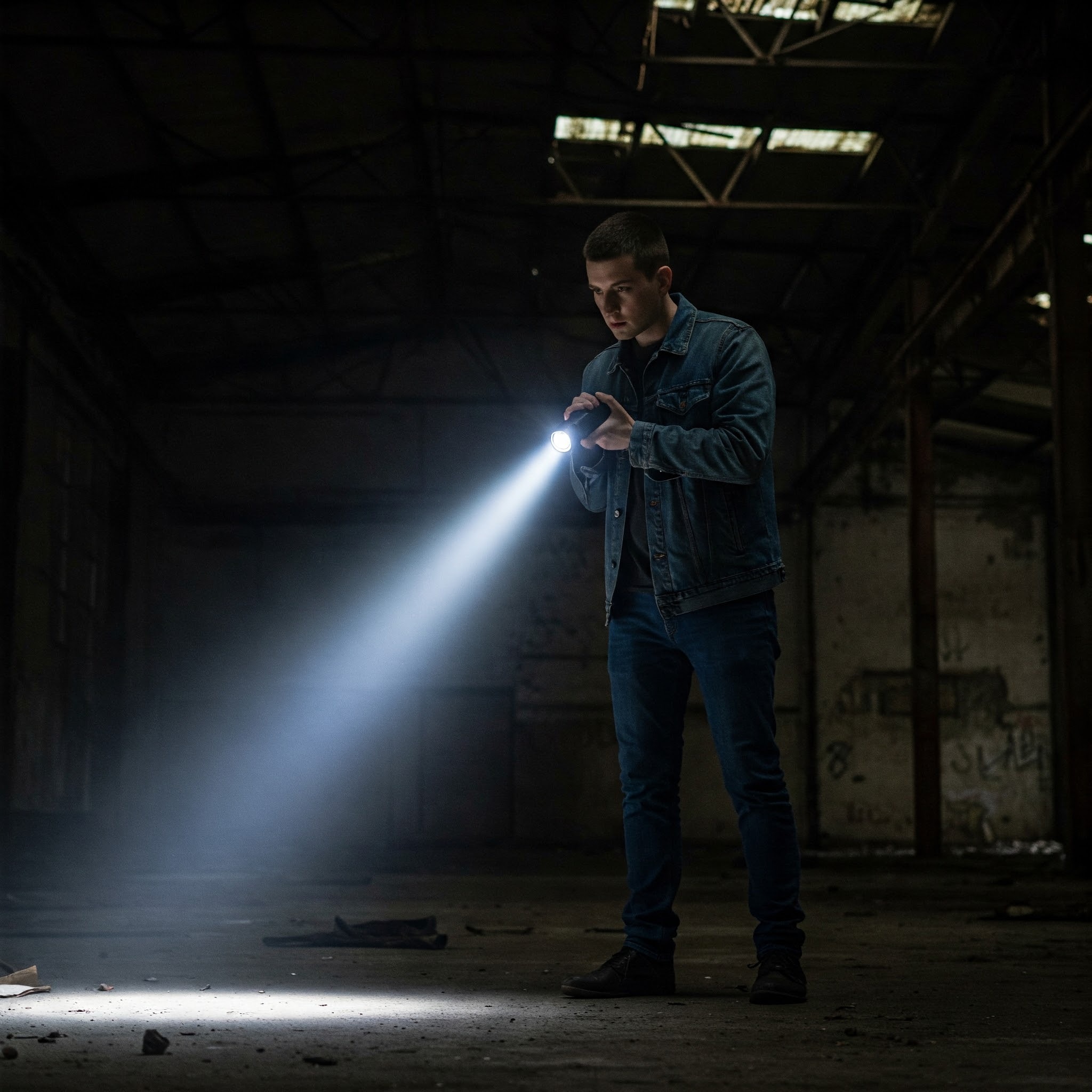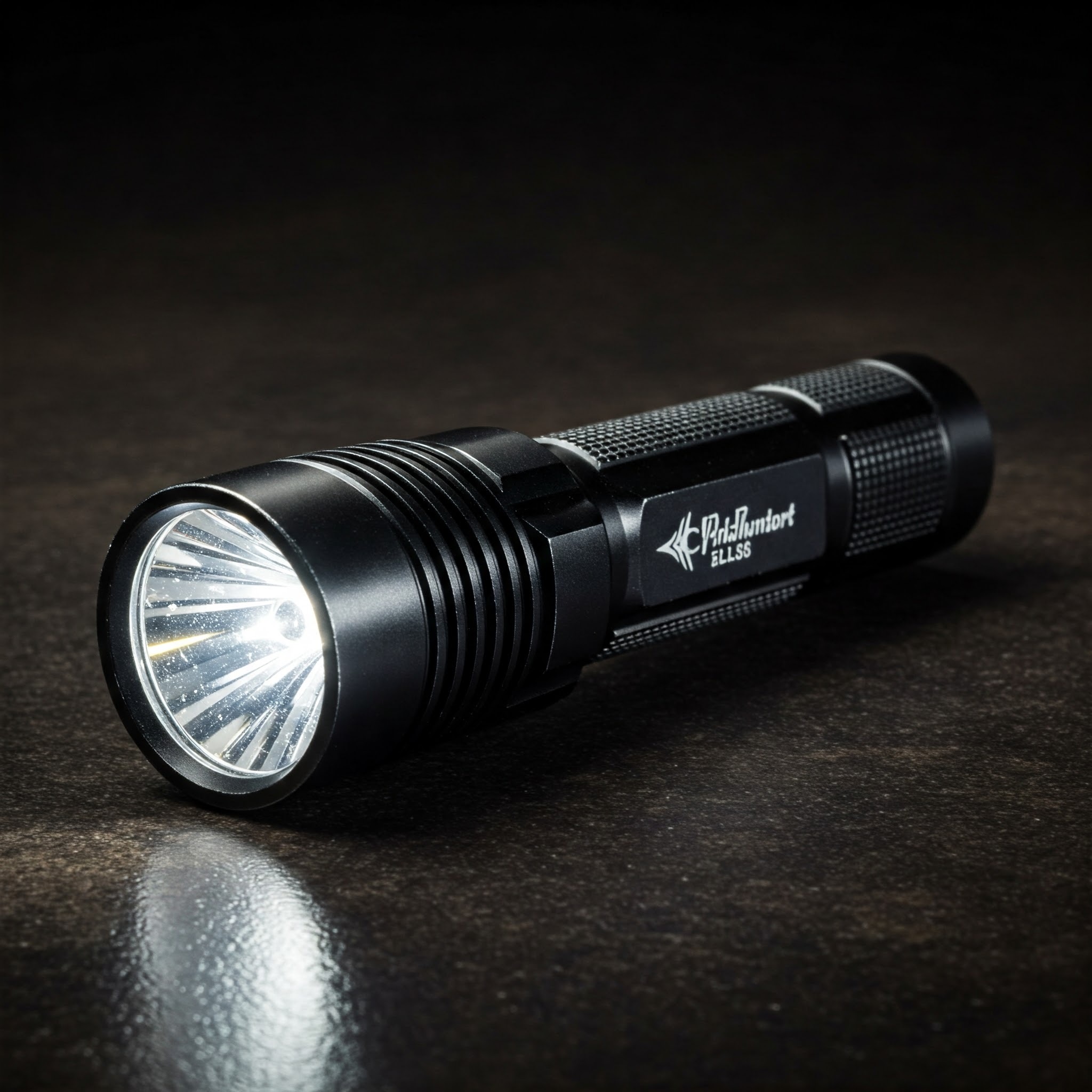How to Extend the Lifespan of Your Rechargeable Flashlight: Expert Maintenance Tips
Posted by Raymond on 15th Apr 2025
How to Extend the Lifespan of Your Rechargeable Flashlight?
Rechargeable flashlights are essential tools for outdoor activities, emergency use, and everyday carry. However, improper usage, charging habits, or poor storage can drastically reduce their performance and battery life. In this guide, we’ll explore actionable steps to extend the lifespan of your rechargeable flashlight, compare battery technologies, and share expert maintenance tips.

1. Use the Correct Charger
Always use the charger provided by the manufacturer or one that matches the voltage and amperage requirements of your flashlight. Overcharging or using incompatible chargers can damage the battery and circuitry.
? Tip: Avoid cheap, unbranded chargers. Brands like Nitecore or Tank007 offer reliable accessories built for longevity.
2. Follow the Right Charging Cycle
| Charging Practice | Effect on Lifespan | Recommended? |
|---|---|---|
| Frequent full discharges | Shortens lifespan | ❌ |
| Charging before full depletion | Extends battery life | ✅ |
| Overnight charging frequently | Risk of overheat | ❌ |
| Charging every few uses | Healthy habit | ✅ |
Rechargeable batteries, especially lithium-ion, prefer partial discharges. Keep your flashlight charged between 20–80% for optimal health.
3. Store in a Cool, Dry Place
Avoid leaving flashlights in hot cars or damp areas. Heat and moisture accelerate battery degradation and may lead to corrosion.
-
Ideal storage temp: 10°C–25°C (50°F–77°F)
-
Avoid: Direct sunlight, extreme cold, or high humidity
4. Clean the Contacts Regularly
Dirt or oxidation on battery contacts can reduce efficiency and cause flickering. Use a cotton swab with rubbing alcohol to gently clean terminals once a month.
5. Avoid Prolonged Inactivity
If you won’t be using the flashlight for a while, partially charge it (around 50%) and turn it on for a few minutes every 2–3 months. This prevents deep discharge and keeps the internal chemistry healthy.
6. Choose the Right Battery Type
| Battery Type | Lifespan (Cycles) | Pros | Cons |
|---|---|---|---|
| Li-ion (18650) | 300–500 | High capacity, common | Sensitive to heat |
| LiFePO4 | 1000–2000 | Very stable, long life | Lower energy density |
| NiMH | 500–1000 | Reliable, safe | Self-discharge faster |
If longevity is a priority, LiFePO4 batteries are a solid choice despite slightly lower capacity.
7. Select Quality Flashlights
Premium flashlights with built-in protection circuits and temperature regulation tend to outlast budget models. For example, Tank007's rechargeable flashlights are built with durable housing and intelligent charging design to support longer use.

Final Thoughts
Extending the lifespan of your rechargeable flashlight isn’t complicated — it just requires consistent, thoughtful care. By adopting proper charging habits, cleaning contacts, choosing quality components, and storing correctly, you can enjoy years of reliable performance.
For high-quality rechargeable flashlights, visit Tank007 Store, offering durable and efficient models for EDC, outdoor, and professional use.
